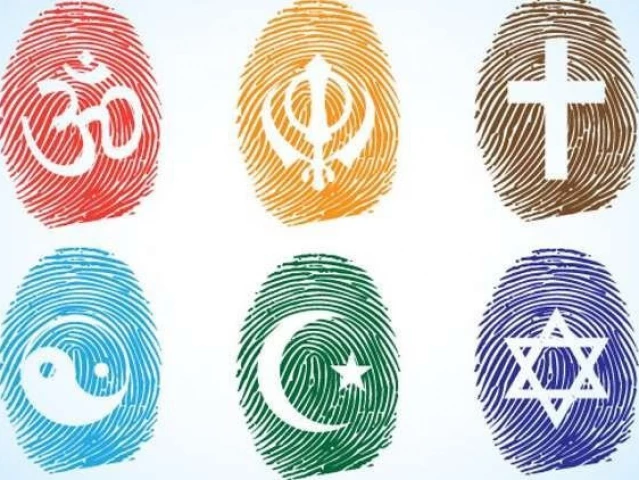Islamabad:
The National Human Rights Commission (NCHR), in collaboration with the Legal Aid Society (LAS), launched on Monday a research and documentary report that examines the drivers of forced conversions through marriages (FCM) and its impact on survivors, minority communities and the broader society.
The launch took place in a national dialogue in Islamabad, which brought together legal experts, rights activists and criminal justice professionals to discuss practical steps to address the issue. Judge Dr. Syed Muhammad Anwer attended the ceremony as the main guest.
The report, presented by the director of the Maliha Zia, is based on the testimonies of the survivors and clarifies the concepts of ‘strength’ and ‘consent’ in cases of FCM.
Classify the motivations of perpetrators, including religious and ideological factors, traffic, as well as the vulnerabilities of survivors, particularly women and girls in minority communities. A documentary of the filmmaker Aisha Gazdar was also projected highlighting the human dimension of forced conversions and marriages.
The president of NChr, Rabiya Javeri Agha, said that the practice is a “deeply rooted problem” in Pakistan, which disproportionately affects girls and women of minority communities despite constitutional safeguards.
He pointed out that the commission has taken Suo Motu notices in several cases in which the minor girls were kidnapped, converted by force and married to their kidnappers. In some cases, relief was provided through the intervention of NChr.
The CEO has Emaan Zahid warned that FCM survivors often face severe psychological traumas, physical and sexual abuse and social stigma. “This practice not only devastates people but also undermines community solidarity and damages culture,” he said.
The event concluded with a discussion panel in which experts and activists exchanged ideas and emphasized the need for stronger protection mechanisms to safeguard the rights of minorities in Pakistan.




